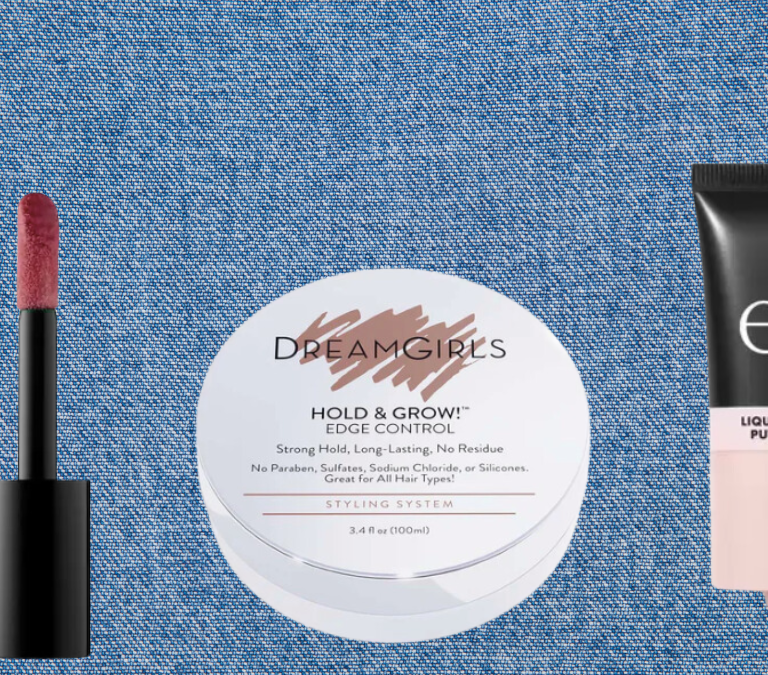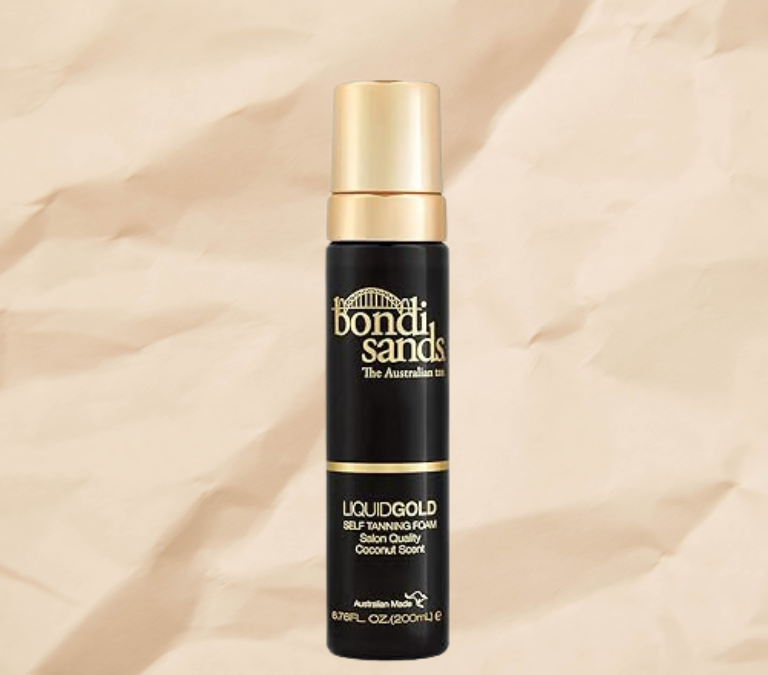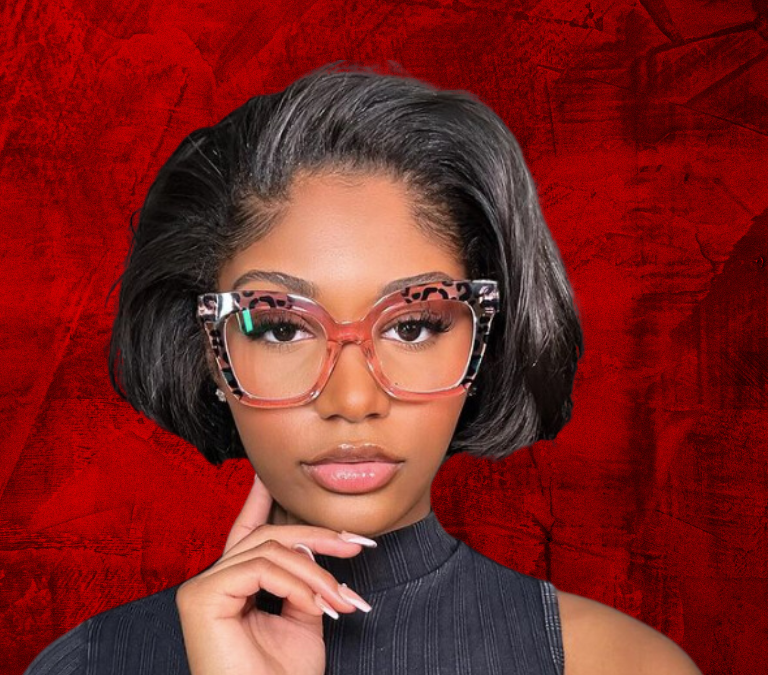Acne is the worst! I hate it and I have no qualms about admitting my dislike of the pesky part of life that some of us must encounter as a teen and even as an adult. Adult acne is a cruel joke that no one finds funny.
Acne is the occurrence of inflamed or infected sebaceous glands in the skin. It causes pimples, or “zits,” which include whiteheads, blackheads and red, inflamed patches of skin. This is common among teenagers, but there is also adult acne that occurs as a result of hypersensitivity or overproduction of androgens. Adult acne happens to women in their 30s, 40s and 50s, and is usually caused by hormonal fluctuations from pregnancy, birth control pills, your menstrual cycle or menopause.
Oftentimes we come into contact with things that will inflame, irritate or cause acne, such as food, detergents and even the products we may use on our bodies. And it isn’t just products that are specifically for your face; many women find that the products they use on their hair cause acne after their hair comes into contact with their skin. Before you know it, you are seeing those ugly pimples on your forehead, cheeks, hairline and back.
“Dermatologist Doris J. Day, M.D., author of 100 Questions & Answers about Acne, notes that ‘pomade acne’ — caused by pore-clogging hair products — first became a problem in the 1970s. During this time, hair oils and creams were commonly used for certain hairstyles, like the afro. These products often caused acne breakouts on the forehead, temple and hairline.” — Skincare-news.com
You don’t have to compromise your beautiful skin for fabulous hair. Here are measures you can take to prevent acne breakouts before they happen.
Exfoliate on Your Wash Day
Weekly exfoliation is good for your skin anyway, so you might as well designate it for wash day in order to get rid of dead skin cells, oil and products that clog your pores. You can exfoliate your scalp too, and there are tons of DIY recipes for both. No need for pricey brands either; check out this DIY Brown Sugar Scrub.
Change Your Pillowcase Regularly
Oil, dead skin cells and bacteria get trapped in your pillowcase while you sleep. If there are oils or products in your hair that may aggravate your face, they can transfer to your pillowcase and then onto your face, back and shoulders. Try to buy a couple of satin pillowcases so you can swap them out more often.
Tie Your Hair Up at Night
Another thing to try is tying your hair up at night. Although a satin pillowcase is a great alternative to a cotton pillowcase, your hair is coming into contact with your face as you toss and turn while you sleep. You may want to start using a satin scarf and/or satin bonnet to keep your hair out of your face at night.
Wash Your Hands
This is important after you apply product to your hair or whenever you touch your hair. You don’t want to transfer the oils and/or the product to your face and risk irritating your skin.
Wash Your Face Every Night
Even if you don’t wear makeup, this step is essential. Oil, hair products and debris from the air can clog your pores while you sleep.
Wash Your Body After Rinsing and Plopping
If you wash your hair in the shower, finish cleansing your hair before you wash your body. By rinsing your conditioner and applying your moisturizer after you have washed your body, you are forgetting the product that is dripping onto your body before you step out of the shower. Simply wrap your hair in a T-shirt before washing your body in order to prevent product from dripping onto your skin.
Avoid Styling Products Before Exercising
You may want to forgo the styling products on your workout days, as the sweat from your hair can drip onto your face and cause irritation. If you can’t avoid it, try using a headband to capture the sweat and keep it off your face.
Avoid Certain Ingredients
Some ingredients (including petroleum, mineral oil, lanolin and silicones) are thick and can potentially clog your pores. They can also cause acne to develop on your scalp or just aggravate acne on your face or other parts of your body.
Although more companies are formulating products with less harmful ingredients, what is meant for your hair is not always good for your skin. The best way to keep acne at bay is to drink lots of water, establish healthy eating habits, don’t touch your face, keep your skin clean, and know what’s in your hair products.
How has your skin reacted to your curly hair products? How do you prevent breakouts?
Designed by jcomp / Freepik
Can Hair Products Cause Acne?




